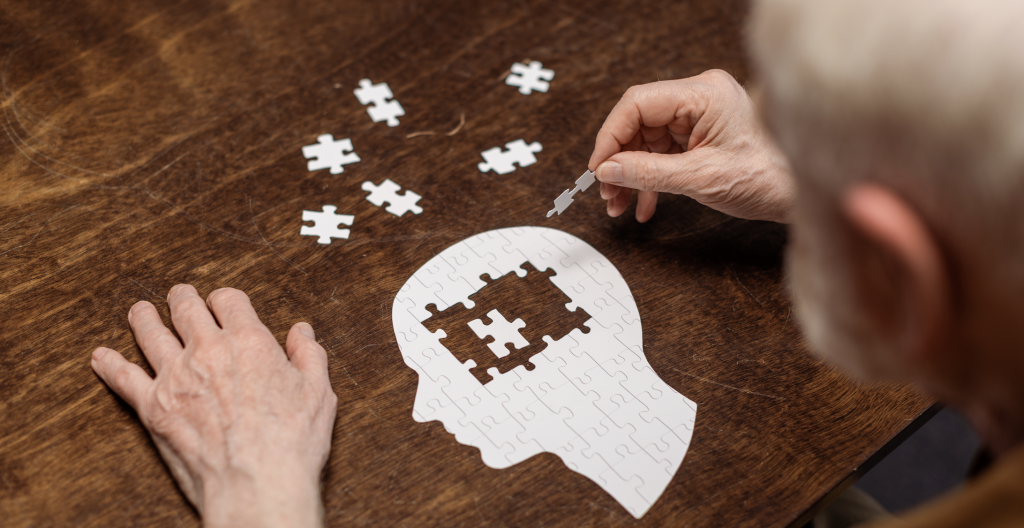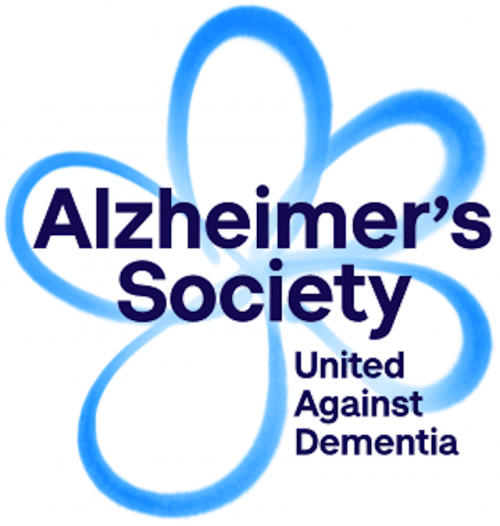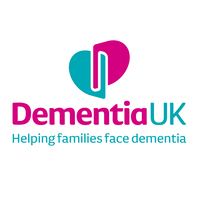
Dementia is a broad term that describes a decline in cognitive abilities, including memory, language, problem-solving, and judgement. It is often accompanied by changes in behaviour and mood.
Dementia is caused by a variety of different diseases and conditions, the most common of which is Alzheimer’s disease although there are many other types of dementia.
Dementia is a progressive disorder, which means that symptoms will typically worsen over time.
Types of Dementia
There are several types of dementia, including Alzheimer’s disease, vascular dementia, Lewy body dementia, frontotemporal dementia, and Huntington’s disease. Each type is caused by different factors and has distinct symptoms:
- Alzheimer’s disease is the most common form of dementia accounting for 60-80% of cases.
- Vascular dementia is caused by reduced blood flow to the brain, often as a result of a stroke.
- Lewy body dementia is characterised by the presence of abnormal protein deposits in the brain.
- Frontotemporal dementia is characterised by changes in personality and behaviour.
- Huntington’s disease is caused by a genetic mutation that leads to progressive breakdown of nerve cells in the brain.
Symptoms of Dementia
Dementia is often associated with aging however it can occur in people of any age. Symptoms of dementia can vary depending on the type and stage of the disease, but some common symptoms include:
- Memory loss, especially short-term memory loss
- Difficulty with language, such as trouble finding the right word or difficulty following a conversation
- Difficulty completing familiar tasks, such as cooking a meal or managing finances
- Disorientation in time and space such as getting lost in familiar places
- Impaired judgement that may lead to making poor decisions
- Changes in mood and behaviour, such as becoming easily confused, anxious or depressed
- Loss of interest in hobbies and social activities
It’s important to note that everyone with dementia experiences these symptoms differently, and that not everyone with these symptoms has dementia. A proper diagnosis can only be made by a healthcare professional.
If you or someone you know is experiencing symptoms of dementia, it is important to seek medical advice. Early diagnosis and treatment can help manage symptoms and improve quality of life.
Treatment & Management
There is currently no cure for dementia, but there are treatment options that can help manage symptoms and improve quality of life for people living with the condition. These include:
- Medications: There are several medications that can help manage specific symptoms of dementia, such as memory loss, confusion and behavioural problems.
- Therapy: Occupational, physical, and speech therapy can help improve a person’s ability to perform daily activities and communicate effectively.
- Supportive care: This can include assistance with daily activities, such as bathing, dressing, and eating, as well as emotional support for the person with dementia and their caregivers.
- Lifestyle changes: Maintaining a healthy diet and staying physically and mentally active can help to slow the progression of dementia.
Further Information
Research is continually expanding our understanding of dementia and there are several excellent websites that contain a wealth of further information for a deeper understanding:
An online Guide to Dementia put together by the NHS, covering all main aspects including diagnosis and treatment.
Or watch this helpful video from the Alzheimer’s Society for a quick overview of Dementia.




